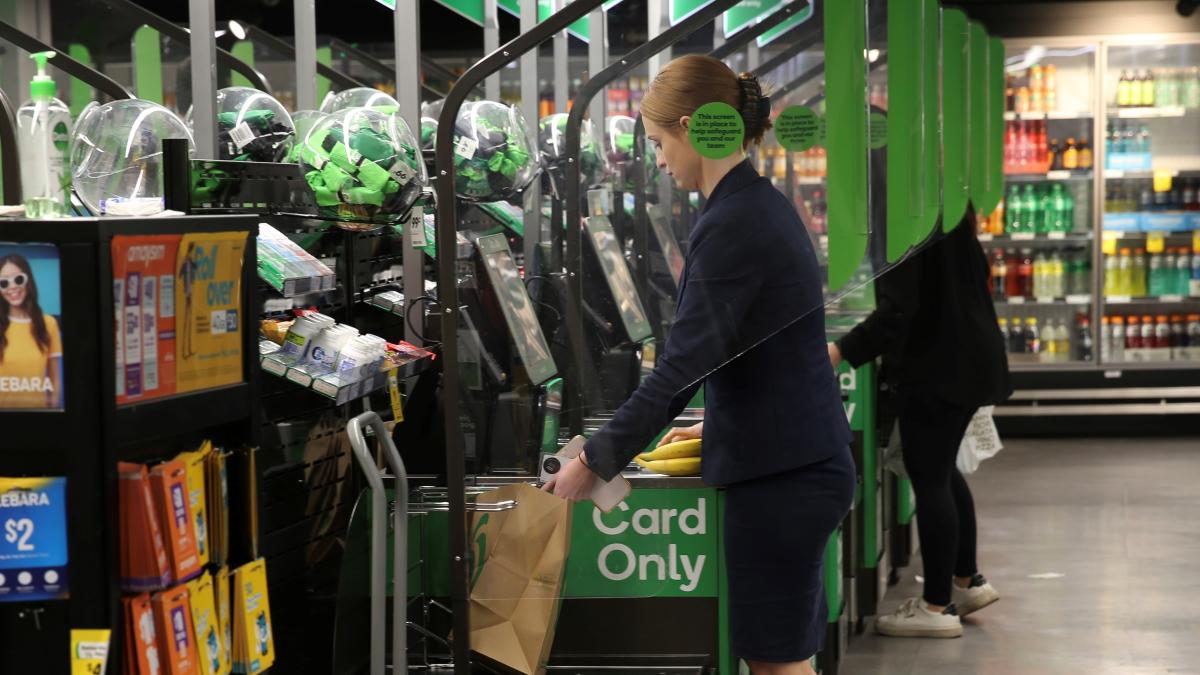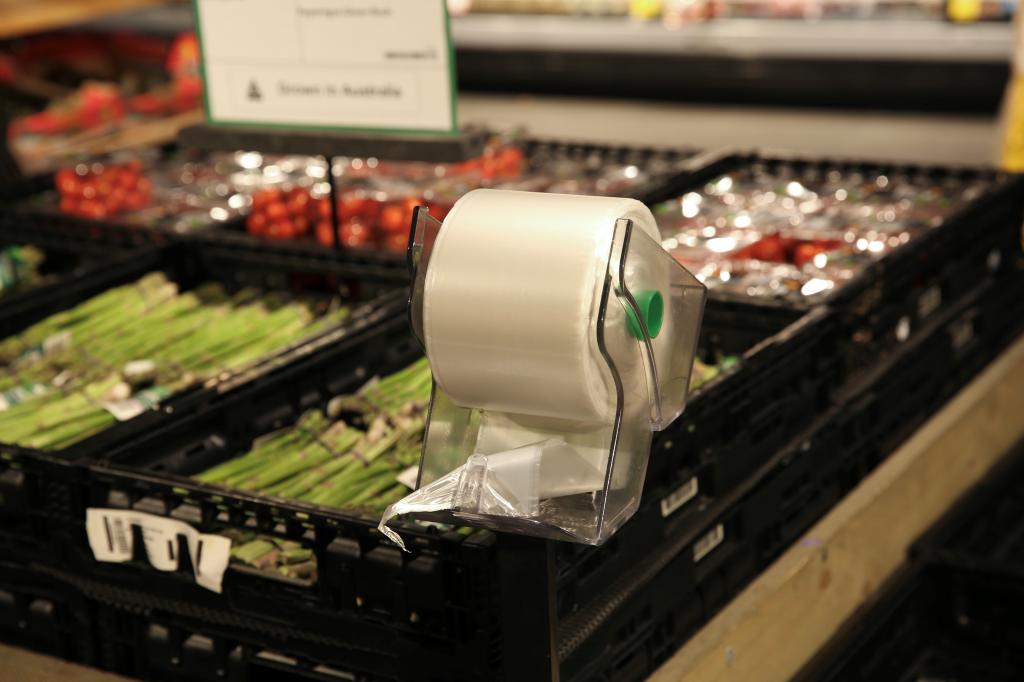
Those feeling the crunch at the supermarket checkout might be hoping the price inquiries soon lead to cheaper groceries, as Coles and Woolies get grilled under the microscope by both the Australian Competition and Consumer Commission (ACCC) and the Senate.
The inquiries are looking at a whole range of things, including whether supermarkets are price gouging, ripping off farmers or stifling competition. If they are, the federal government has a range of options including prosecution or, as the Greens have proposed, forcing the supermarkets to diversify.
To find out exactly what the point of all this is, and whether we will actually get cheaper groceries as a result, PEDESTRIAN.TV spoke to business economics expert and Australian National University professor Robert Breunig.
Do the supermarket price inquiries mean cheaper groceries?
Unfortunately, Breunig said we would “probably not” be getting a cheaper grocery bill anytime soon.
“The inquires that have been done over past 15 years have come to the conclusion that there’s quite a lot of competition in the grocery market, and I just can’t see this one finding any different,” he said.
“So the question is, where is the price pressure coming from? There are a lot of things happening in the economy that make the stuff we buy in grocery stores expensive. One of them is the price of fuel, and the other thing is the cost of labour.
“So I think the idea that somehow grocery stores are unfairly pricing is not an idea that holds up to a lot of critical scrutiny.”
Also, as the ACCC makes clear, just because a customer feels something is “too expensive”, doesn’t mean the business is doing anything illegal. Sorry, but if you were hanging out for cheaper groceries, it could be a long wait.

What is the point of the supermarket price inquiries?
Breunig said the purpose of the inquiries was simply “symbolic and political”, with politicians feeling pressured to do something as people get squeezed by the cost of living.
“We went through a long period of 20 years or so where we didn’t have any inflation, and now people are getting a little glimpse of what inflation actually looks like,” he said.
“So people are genuinely concerned about the cost of living, and politicians feel the need to cater to those concerns and pretend to be doing something.”
He also argued that Coles and Woolworths were not actually a duopoly, as they compete against stores such as Aldi, IGA and Supamart in most urban centres. Also, while it’s unclear exactly where to draw the line of what classifies as “excess profit“, Australian supermarkets were not earning noticeably more than similar businesses around the world.

What’s next for cheaper groceries?
So if the inquiries won’t save us money at the checkout, what will? Breunig said that governments needed to look at the other side of things, and work to get more money into people’s pockets.
“When you’re in an inflationary environment the first thing you need to do is get inflation under control. The second thing we need is wage growth, and wage growth comes from productivity,” he said.
“So those are the things governments need to do. And they take time.”
So, all we need now is inflation to stop and wages to rise. How hard can it be?



